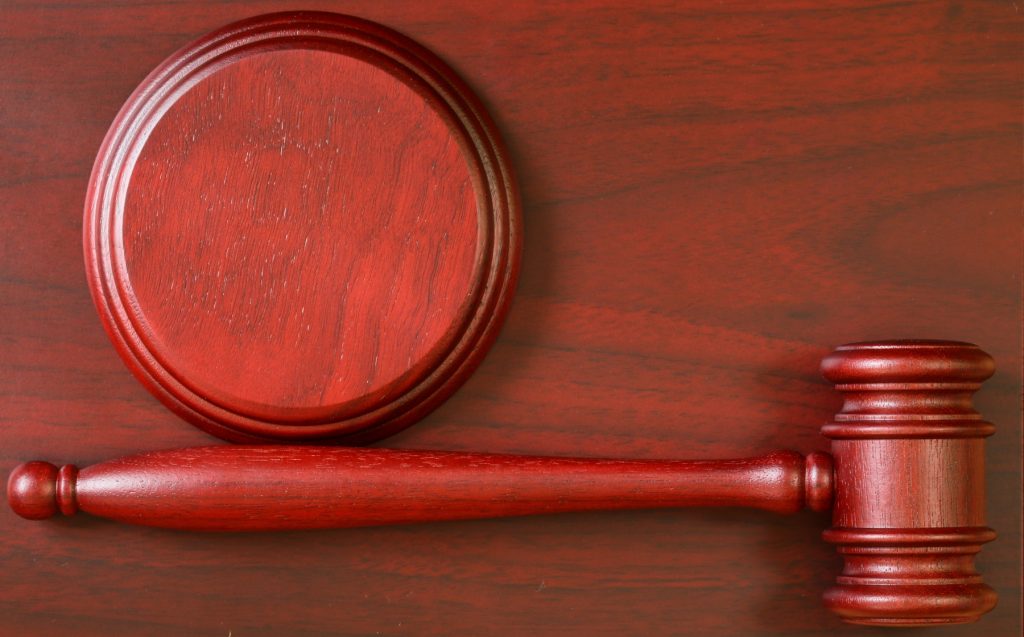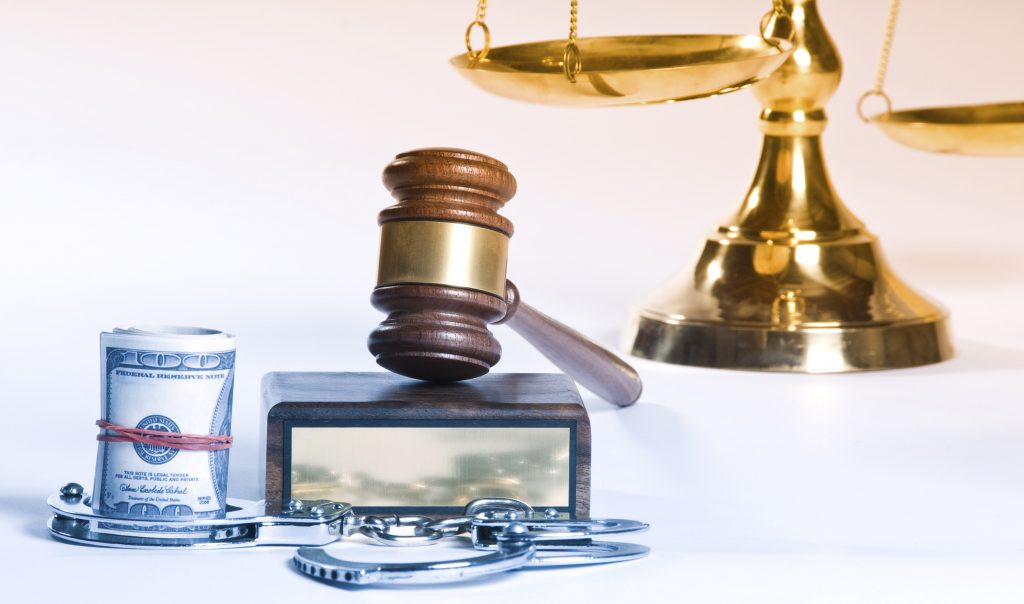
Criminal Defense Law Firm 317-636-7514
Regardless of the severity of criminal charges against you, if you were appointed a public defender that you are not comfortable with, you may have the option to request a new one. Continue reading to learn the general grounds for changing public defenders before your trial.
Swapping Public Defenders
If your public defender is difficult to work with, and you believe their professional behavior will have a negative effect on the outcome of your case, you are likely wishing you could have a new one. Unfortunately, swapping public defenders is not something that is regularly granted by the courts. A defendant must have sufficient cause and evidence to be appointed a new counselor. Here are some examples of what might be considered sufficient grounds to request a new public defender:
Your public defender is…
☛ frequently late or missing appointments;
☛ failing to meet deadlines for documents and paperwork;
☛ failing to inform you of your case status or court dates;
☛ trying to force you to enter a plea you do not want;
☛ ignoring or not using important case evidence;
How to Do it
If you insist on moving forward with changing your public defender, you need to start by taking detailed notes in a journal of your experiences with the attorney, and try to gather evidence, including things like pictures, mail, documents, and screen shots of texted conversations to prove their inadequacies.
Next, you need to contact the public defenders’ office and get the information you need from the office representative. You will have some paperwork to file to make a formal request. In some states, defendants are required to write the judge a letter requesting a new public defender and why. The public defenders’ office will let you know what you need to do in your state.
If you drop your public defender without asking a judge to appoint you a new one, you may not be able to get another one at all. In this case, you would have to represent yourself and risking being sentenced to the maximum penalties for your charges, or you could hire a private Indianapolis criminal defense attorney, instead.
Indianapolis Criminal Defense

Criminal Defense Lawyer 317-636-7514

















